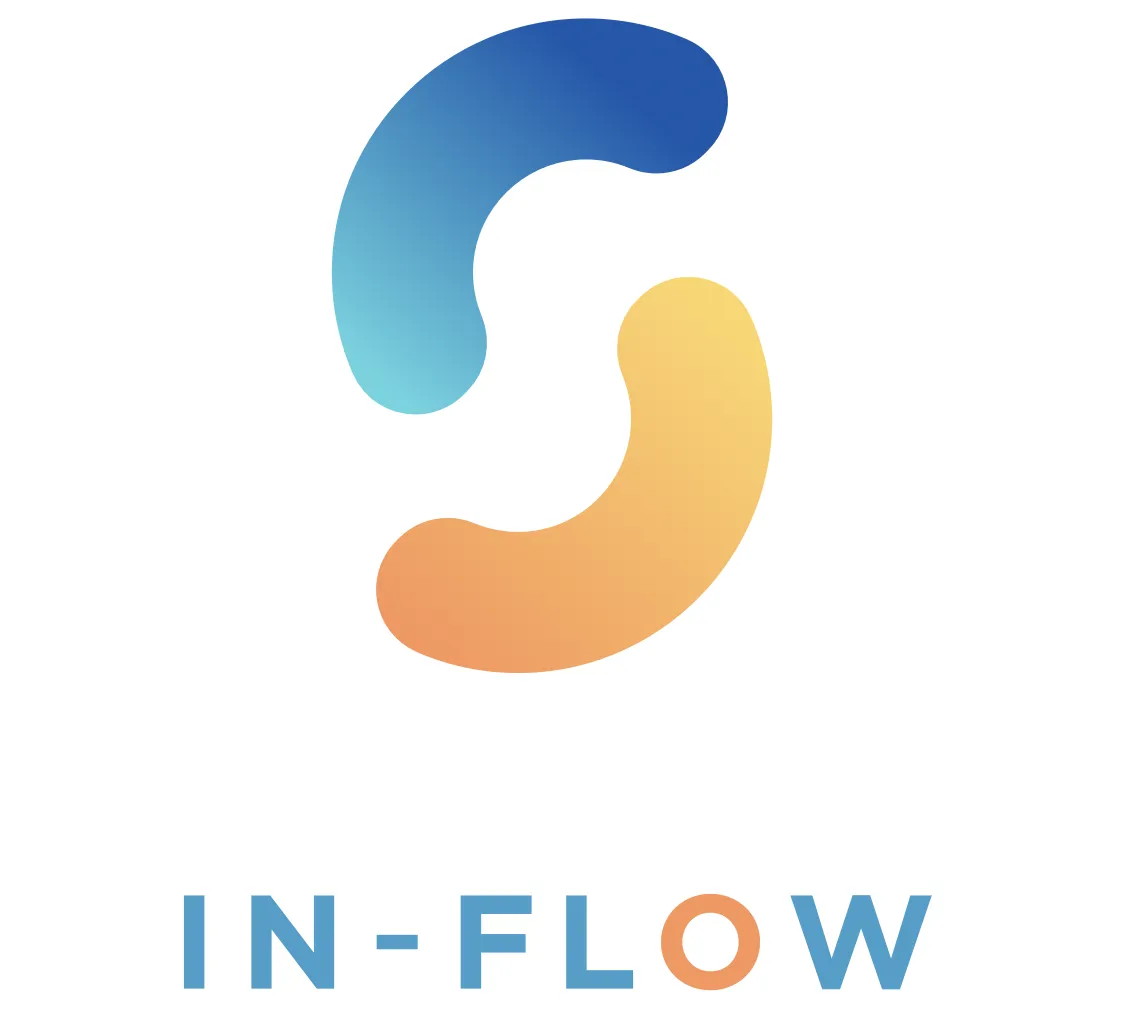The Sales Depot!
Browse our Articles & Resources
Start building your your sales arsenal!

Outsourcing Sales: A Comprehensive Guide for Australian Businesses
Outsourcing Sales: A Comprehensive Guide for Australian Businesses

Outsourcing sales have become an increasingly popular option for businesses looking to improve their sales performance and increase revenue. However, this strategy is not without its drawbacks and challenges. In this comprehensive guide, we'll explore the ins and outs of sales outsourcing and provide a roadmap for Australian businesses considering this strategy. From the benefits and drawbacks to choosing the right supplier and measuring success, we'll cover everything you need to know about outsourcing sales.
Exploring Sales Outsourcing: What You Need to Know
Sales outsourcing involves delegating the sales function of your business to an external supplier. This can include lead generation, prospecting, appointment setting, and even closing deals. Outsourcing sales can offer significant benefits, such as cost savings, access to specialized expertise and technology, and scalability. However, it's essential to weigh these benefits against the drawbacks, such as loss of control and potential conflicts with your brand.
The Benefits and Drawbacks of Sales Outsourcing
One of the most significant benefits of sales outsourcing is cost savings. By outsourcing your sales function, you can avoid the overhead costs of hiring and training a sales team. This can be especially beneficial for small businesses that may not have the resources to invest in a full-time sales team. Outsourcing also provides access to specialized expertise and technology that may not be available in-house. For example, an outsourcing supplier may have advanced analytics tools and CRM software that can help you optimize your sales process and generate more revenue.
Another advantage of sales outsourcing is scalability. With outsourcing, you can quickly scale up or down your sales efforts based on seasonal fluctuations or other business needs. For example, if you run an e-commerce business and expect a surge in sales during the holiday season, you can outsource your sales function to ensure that you have enough staff to handle the increased demand. This can help you avoid the costs of hiring and training additional staff, which can be time-consuming and expensive.
However, outsourcing sales comes with its drawbacks. One potential concern is a loss of control over your sales process and customer interactions. When you outsource your sales function, you must cede some level of control to the outsourcing supplier. This means that you may not be able to ensure that your brand is being represented in the way that you want. Additionally, outsourcing may result in conflicts or challenges in communication if the supplier is based in a different time zone or has different cultural norms. It's important to choose an outsourcing supplier that aligns with your values and has a track record of success working with businesses like yours.
In conclusion, sales outsourcing can be a valuable tool for businesses that want to save costs, access specialized expertise and technology, and scale their sales efforts quickly. However, it's important to carefully weigh the benefits and drawbacks before making a decision. By choosing the right outsourcing supplier and maintaining open communication, you can ensure that your sales outsourcing efforts are successful and aligned with your business goals.
Understanding Pricing Models for Sales Outsourcing
When it comes to sales outsourcing, there are several pricing models available. Each model has its pros and cons, so it's essential to review each option carefully to determine which is best for your business.
Which Pricing Model is Right for Your Business?
One of the most popular pricing models for sales outsourcing is commission-based. In this model, the supplier is paid a commission on each sale they generate. This aligns the supplier's interests with your business's goal—increasing sales. However, commission-based models can also lead to conflicts of interest if the supplier prioritizes their commission over your brand's long-term goals.
Another option is a fixed-fee model, in which you pay the outsourcing supplier a set fee for their services. This provides predictability and clarity in terms of costs. However, this model may not incentivize the supplier to generate more sales or leads, as their compensation is not directly tied to that performance.
A third option is a performance-based model. In this model, the outsourcing supplier is paid based on the results they achieve for your business. For example, they may be paid a certain amount for every lead generated or every sale closed. This model incentivizes the supplier to perform well and can lead to a more collaborative relationship between your business and the supplier.
It's important to note that there is no one-size-fits-all approach to pricing models for sales outsourcing. The best option for your business will depend on a variety of factors, such as your industry, sales goals, and budget. It's essential to thoroughly research and evaluate each option before making a decision.
Additionally, when choosing an outsourcing supplier, it's crucial to consider factors beyond just pricing models. You'll want to evaluate the supplier's experience, reputation, and communication skills to ensure a successful partnership.
Ultimately, sales outsourcing can be a valuable strategy for businesses looking to increase revenue and expand their reach. By carefully considering pricing models and choosing the right outsourcing supplier, you can achieve your sales goals and drive long-term success.
Choosing the Right Sales Outsourcing Supplier: A Comprehensive Guide
Outsourcing your sales can be a smart decision for your company. It can help you increase your revenue, reduce costs, and free up your time to focus on other critical business tasks. However, choosing the right sales outsourcing supplier is critical to the success of your sales outsourcing strategy.
Here is a comprehensive guide to help you choose the right sales outsourcing supplier:
Factors to Consider When Selecting a Sales Outsourcing Supplier
One of the most critical factors to consider is the supplier's track record of success. You want to ensure that the supplier has experience working with companies in your industry and can provide proven results. Look for suppliers who have a track record of success and can provide case studies or references from their previous clients.
Additionally, it's essential to look for suppliers with advanced tools and technology, such as AI-powered lead generation and sales enablement tools. These tools can help your sales team be more efficient and effective, ultimately leading to more revenue for your business.
Another factor to consider is the supplier's culture and values. You want to ensure that their approach to sales aligns with your brand's values and that they prioritize transparency and communication. This is critical because your sales team will be representing your brand to potential customers.
It's also essential to consider the supplier's pricing and contract terms. Ensure that their pricing is competitive and transparent, and that their contract terms are flexible and allow you to scale up or down as needed.
Questions to Ask Before Signing a Contract with a Sales Outsourcing Supplier
What is your experience working with companies in our industry?
Can you provide case studies or references from your previous clients?
What tools and technology do you use to drive sales?
What is your approach to sales, and how does it align with our brand's values?
What level of communication and transparency can we expect from you?
What is your pricing model, and what are your contract terms?
How do you measure success, and what metrics do you use?
By asking these questions, you can get a better understanding of the supplier's experience, approach, and pricing, and make an informed decision that aligns with your business goals.
Overall, choosing the right sales outsourcing supplier can be a game-changer for your business. With the right supplier, you can increase your revenue, reduce costs, and free up your time to focus on other critical business tasks. Use this comprehensive guide to help you choose the right sales outsourcing supplier for your business.
The Pros and Cons of In-House Sales vs. Outsourcing
While outsourcing sales can offer significant benefits, it's essential to weigh them against the advantages of in-house sales.
First, let's explore the benefits of in-house sales. One significant advantage is that in-house sales teams are more familiar with the company's products and services. This familiarity enables them to provide customers with detailed information and answer any questions they may have. Additionally, in-house sales teams can better understand the company's culture and values, which allows them to communicate the brand's message more effectively.
In-house sales teams also have more control over the sales process. They can tailor their approach to each customer and make adjustments quickly based on feedback. This flexibility can lead to a more personalized experience for the customer, which can result in increased sales and customer loyalty.
However, there are also some drawbacks to in-house sales. One disadvantage is the cost of maintaining an in-house sales team. Companies must pay for salaries, benefits, and training, which can be a significant expense. Additionally, if sales are slow, the company may have to lay off employees, which can negatively impact morale and productivity.
Now let's examine the benefits of outsourcing sales. One significant advantage is that outsourcing can reduce costs. Companies do not have to pay for salaries, benefits, or training, which can save them a significant amount of money. Additionally, outsourcing can provide access to a larger pool of sales professionals, which can lead to increased sales and revenue.
Outsourcing can also provide flexibility. Companies can scale their sales efforts up or down quickly, depending on market conditions. This flexibility allows companies to be more agile and responsive to changes in the market.
However, there are also some drawbacks to outsourcing sales. One disadvantage is that outsourced sales teams may not be as familiar with the company's products and services. This lack of familiarity can lead to a less personalized experience for the customer, which can negatively impact sales and customer loyalty. Additionally, outsourcing can lead to a loss of control over the sales process, which can result in a less effective sales strategy.
In conclusion, both in-house sales and outsourcing have their advantages and disadvantages. Companies must weigh these factors carefully to determine which approach is best for their business. Ultimately, the decision should be based on the company's goals, resources, and market conditions.
How to Measure the Success of Your Sales Outsourcing Strategy
Measuring the success of your sales outsourcing strategy is critical to determining whether it's an effective approach for your business. Consider these metrics:
Key Metrics to Track When Outsourcing Sales
Lead conversion rate
Customer acquisition cost
Sales revenue
Customer lifetime value
The Future of Sales Outsourcing: Trends and Predictions
The sales outsourcing landscape is continually evolving, driven by new trends and technologies. Here are some trends to keep an eye on in the future:
How Technology is Changing the Sales Outsourcing Landscape
Technology, such as AI-powered sales tools and advanced analytics, is becoming increasingly prevalent in the sales outsourcing landscape. This technology can provide deeper insights into customer behavior and generate more qualified leads, improving the ROI of outsourcing sales efforts.
The Impact of Globalization on Sales Outsourcing
The rise of remote work and globalization has made it easier to outsource sales to suppliers in different geographic regions. This can provide cost savings and access to specialized expertise, but may also result in communication challenges and cultural differences that must be navigated.
Conclusion
Outsourcing sales can be a powerful strategy for Australian businesses looking to improve their sales performance and increase revenue. However, it's essential to consider the benefits and drawbacks carefully and choose the right outsourcing supplier. By following the roadmap outlined in this comprehensive guide, you can make an informed decision about whether sales outsourcing is the right approach for your business.
Let's Scale!
Ready to take your sales to next level?
A great next step is to spend some time with the team so we can deep dive into your world and find a pathway that's going to scale your sales



